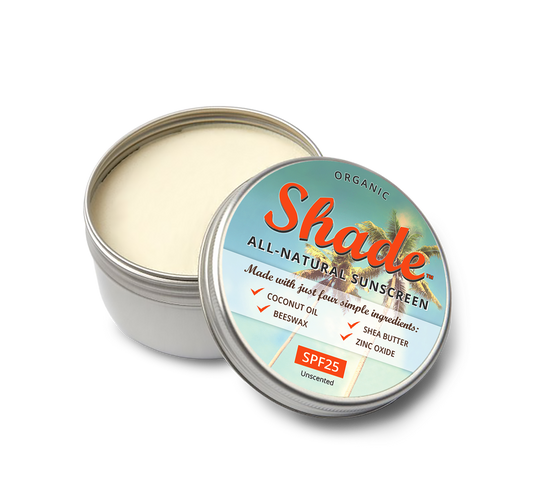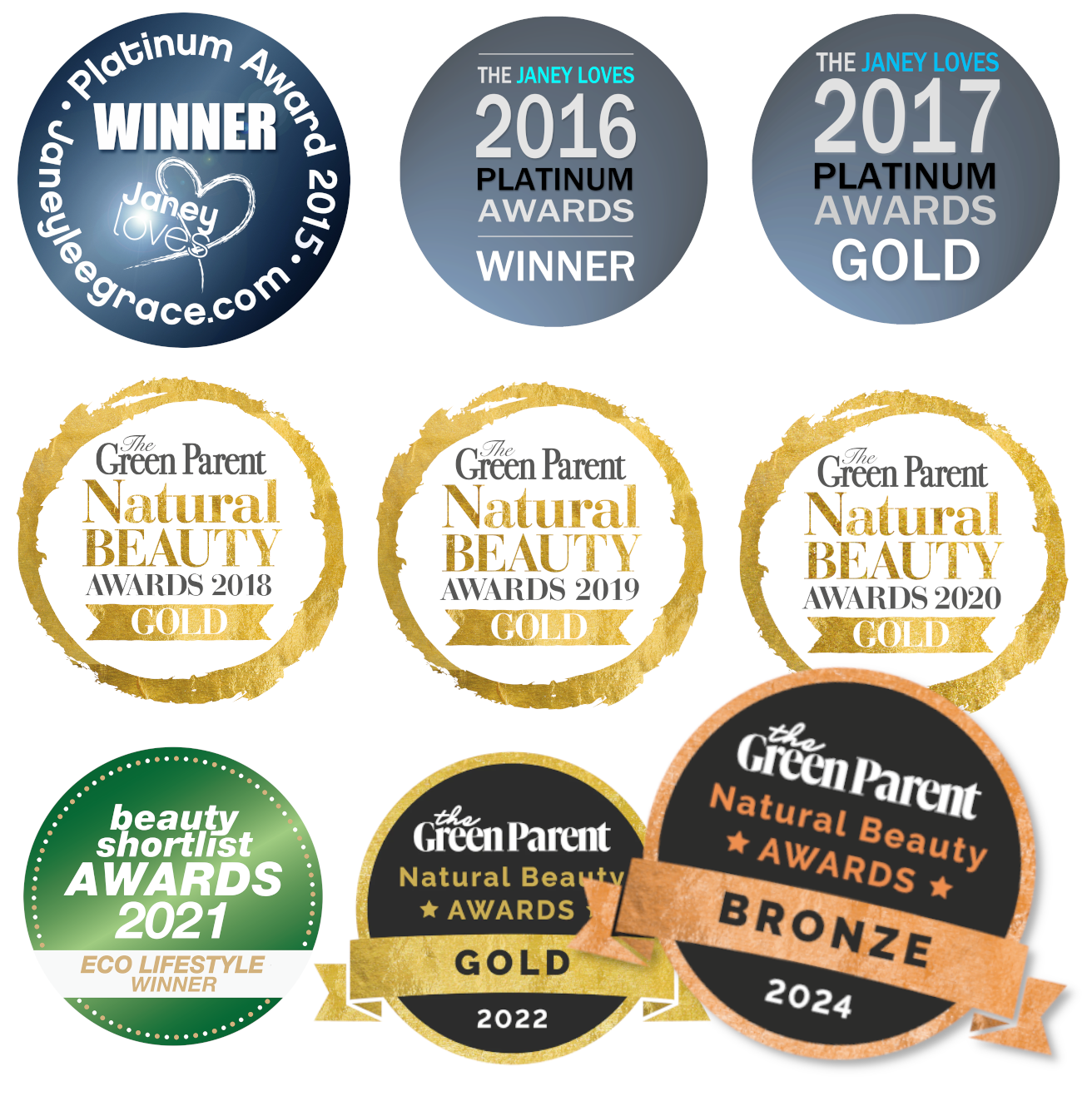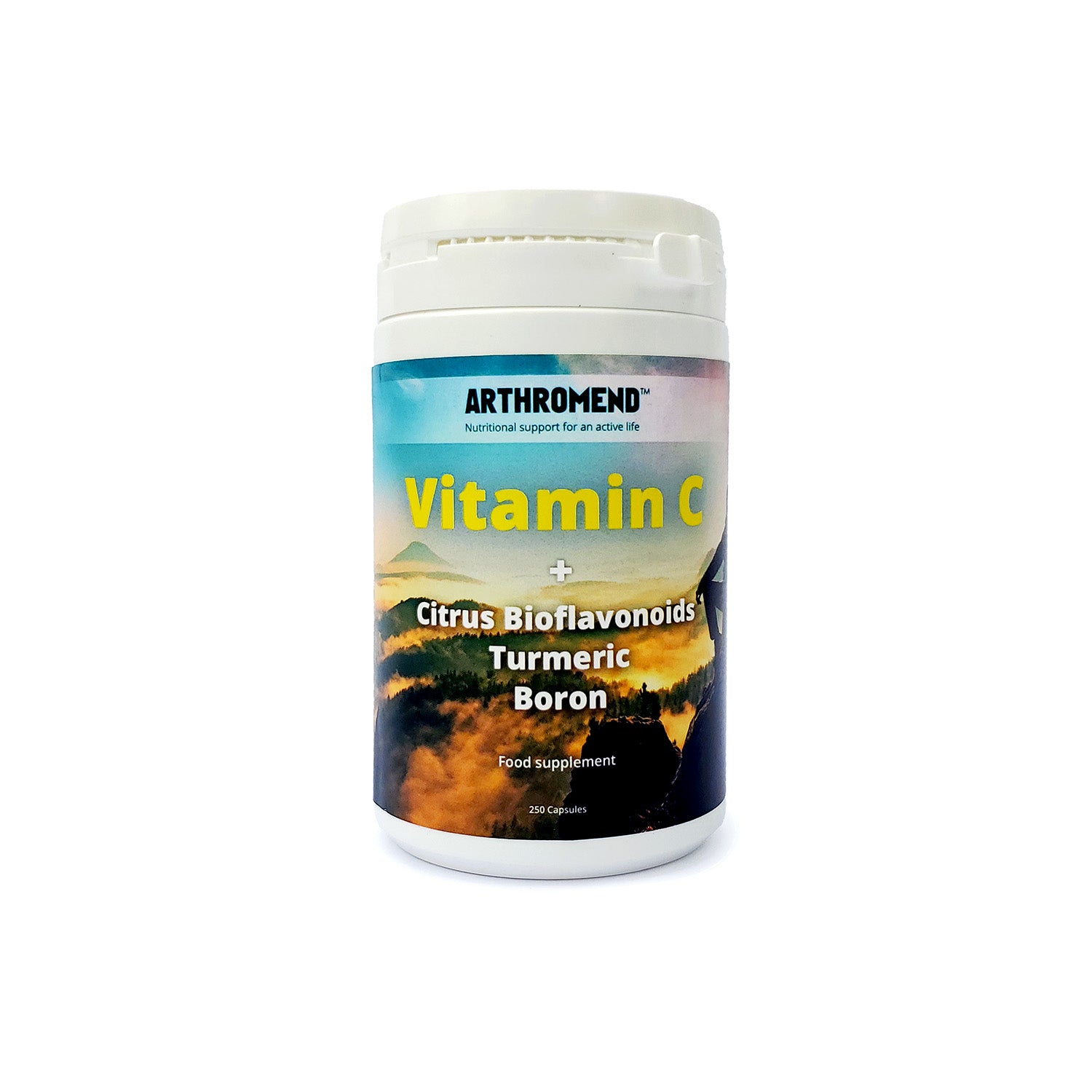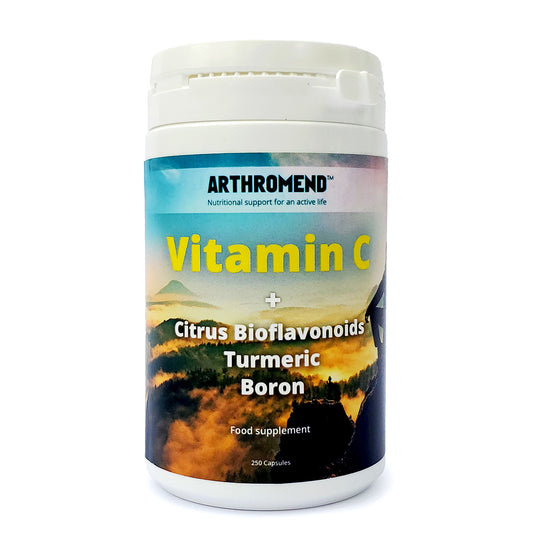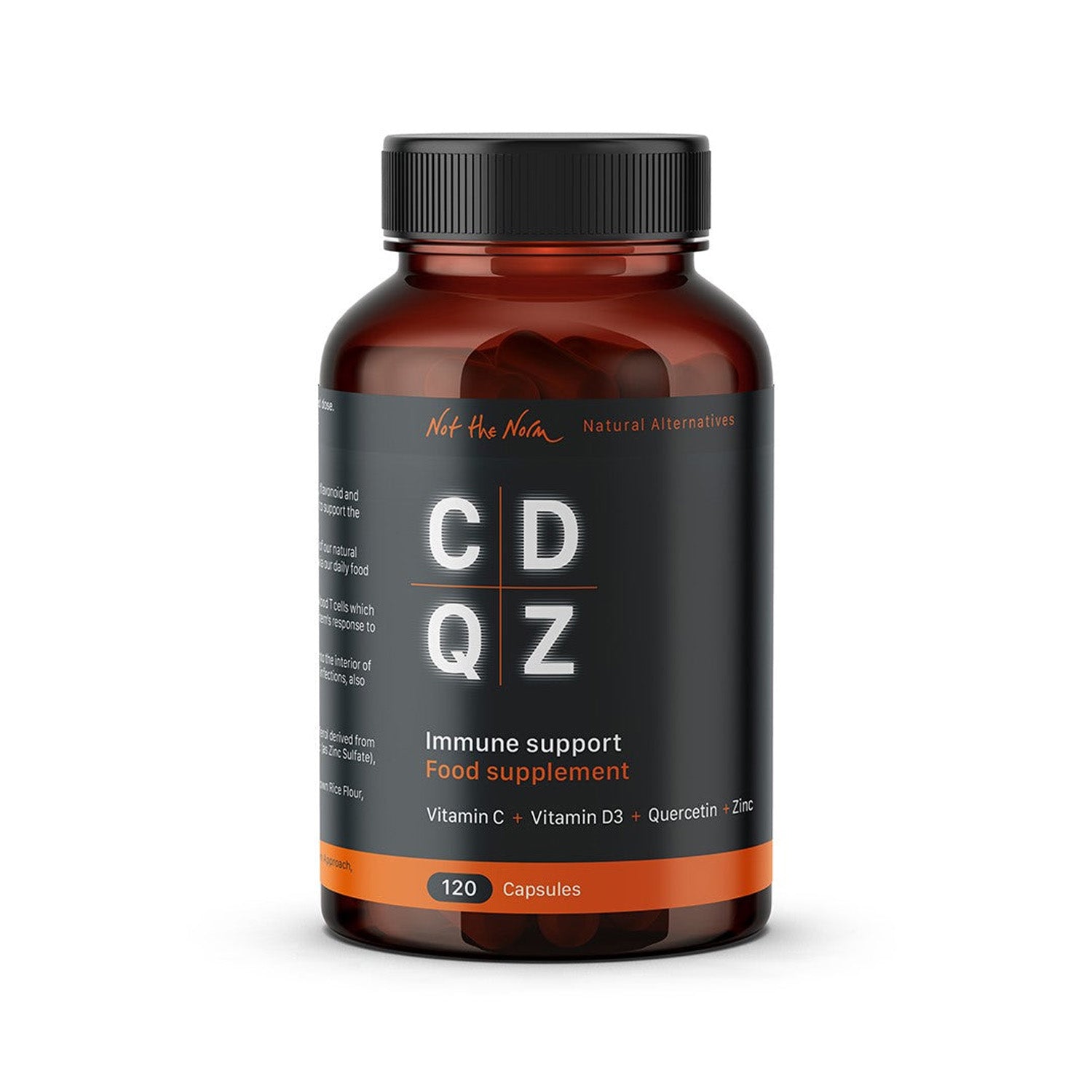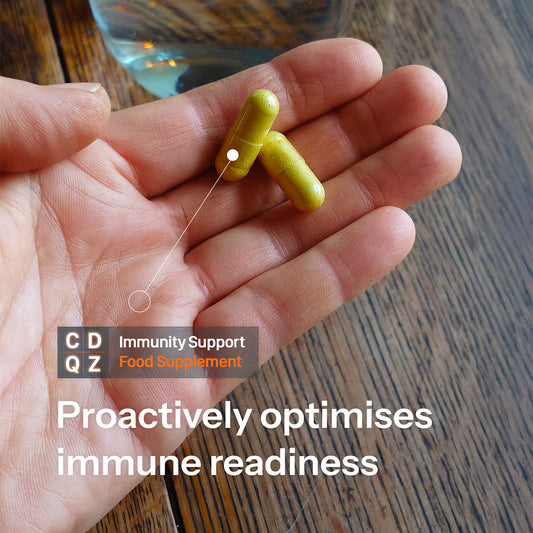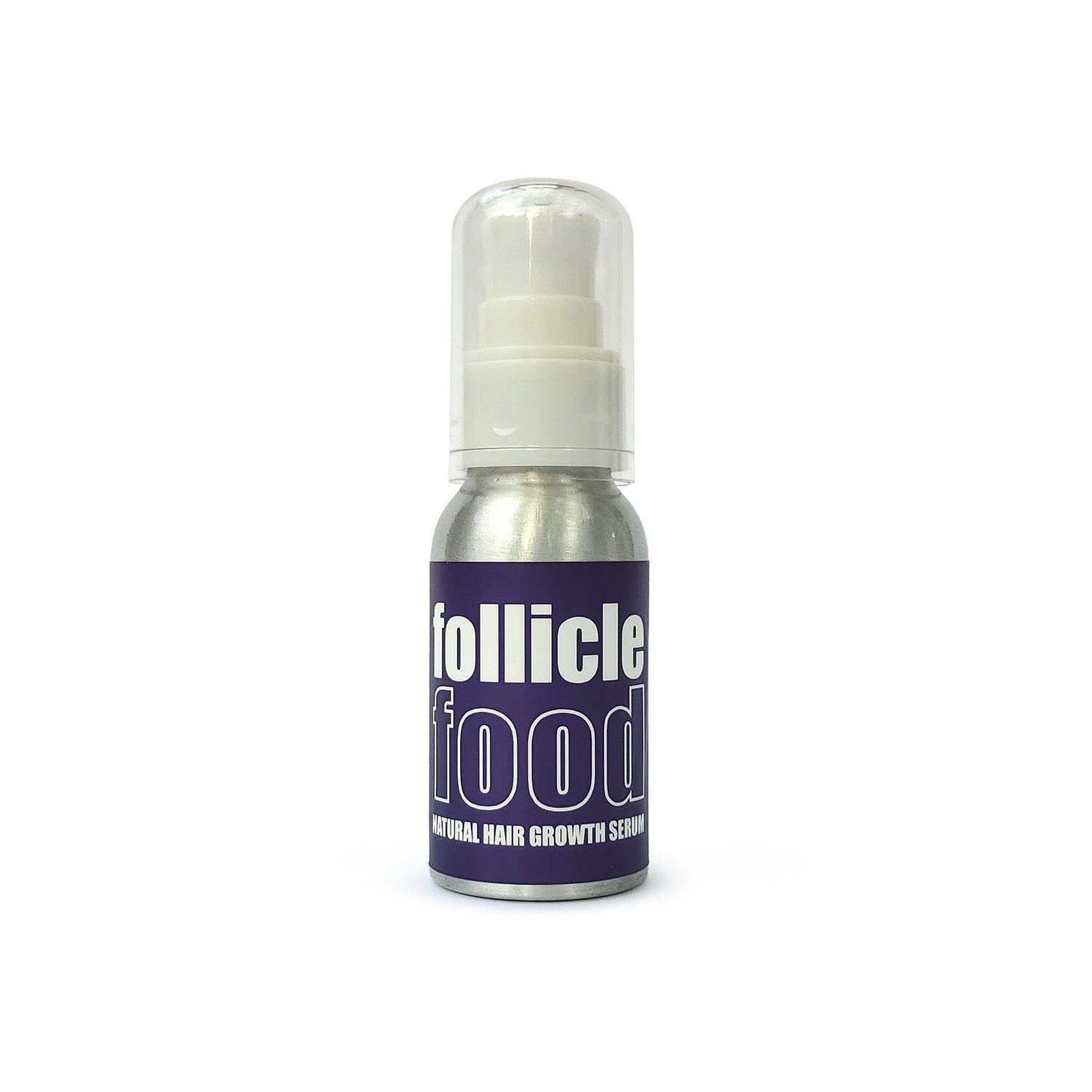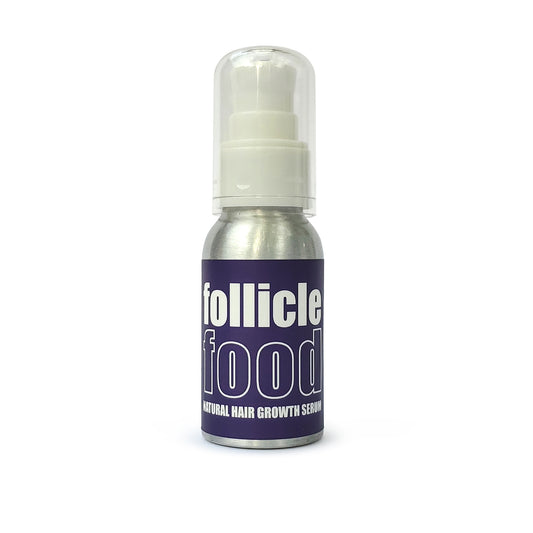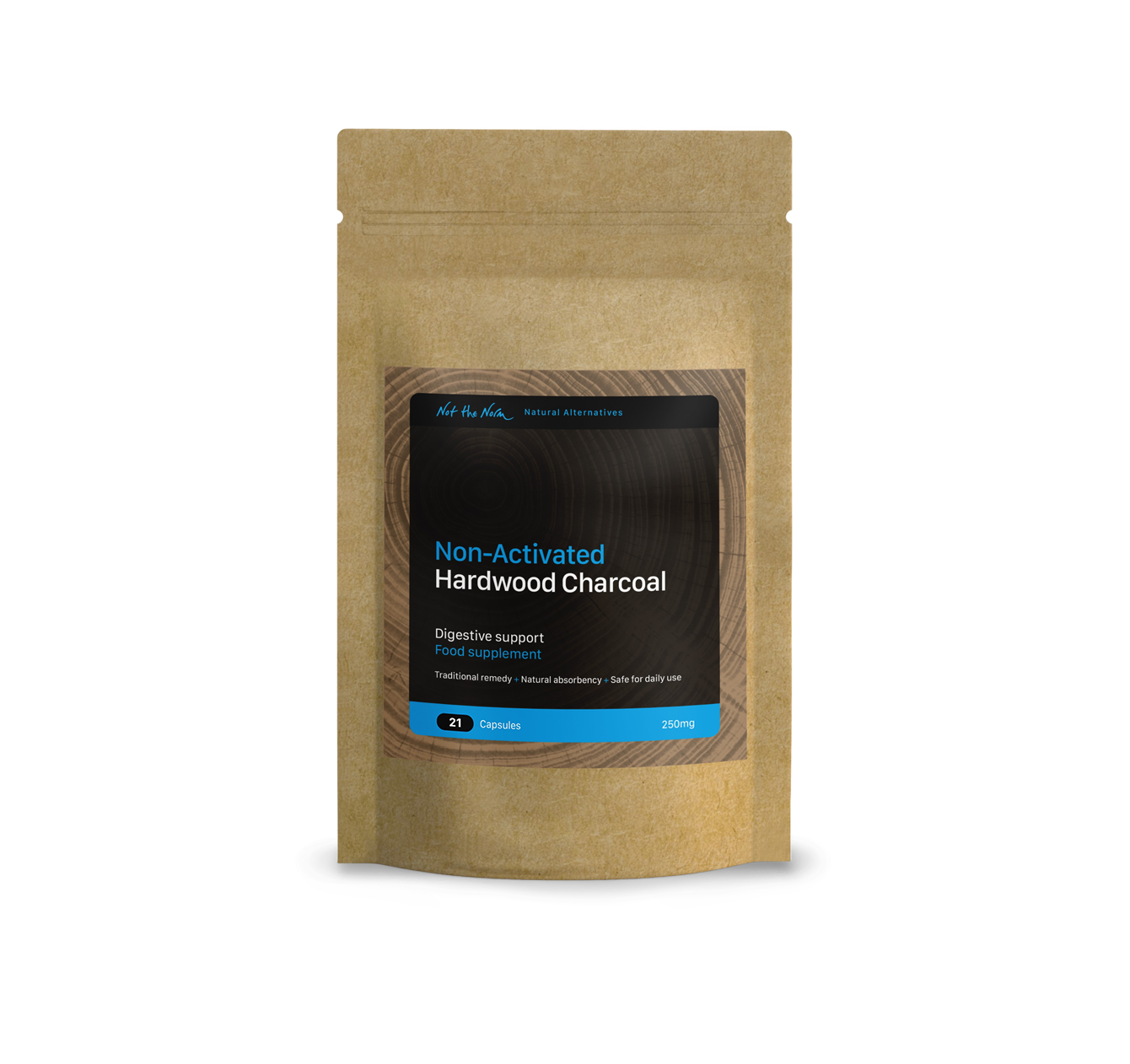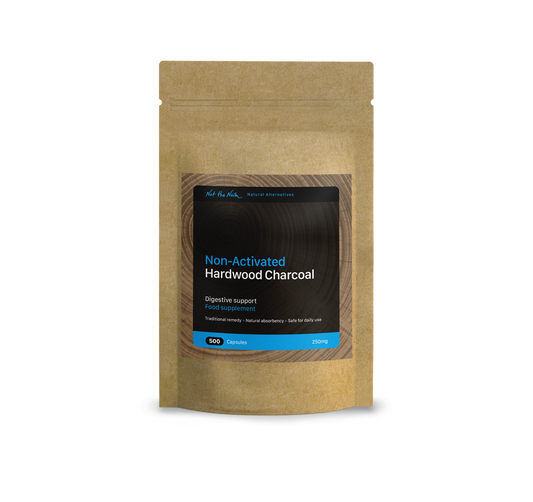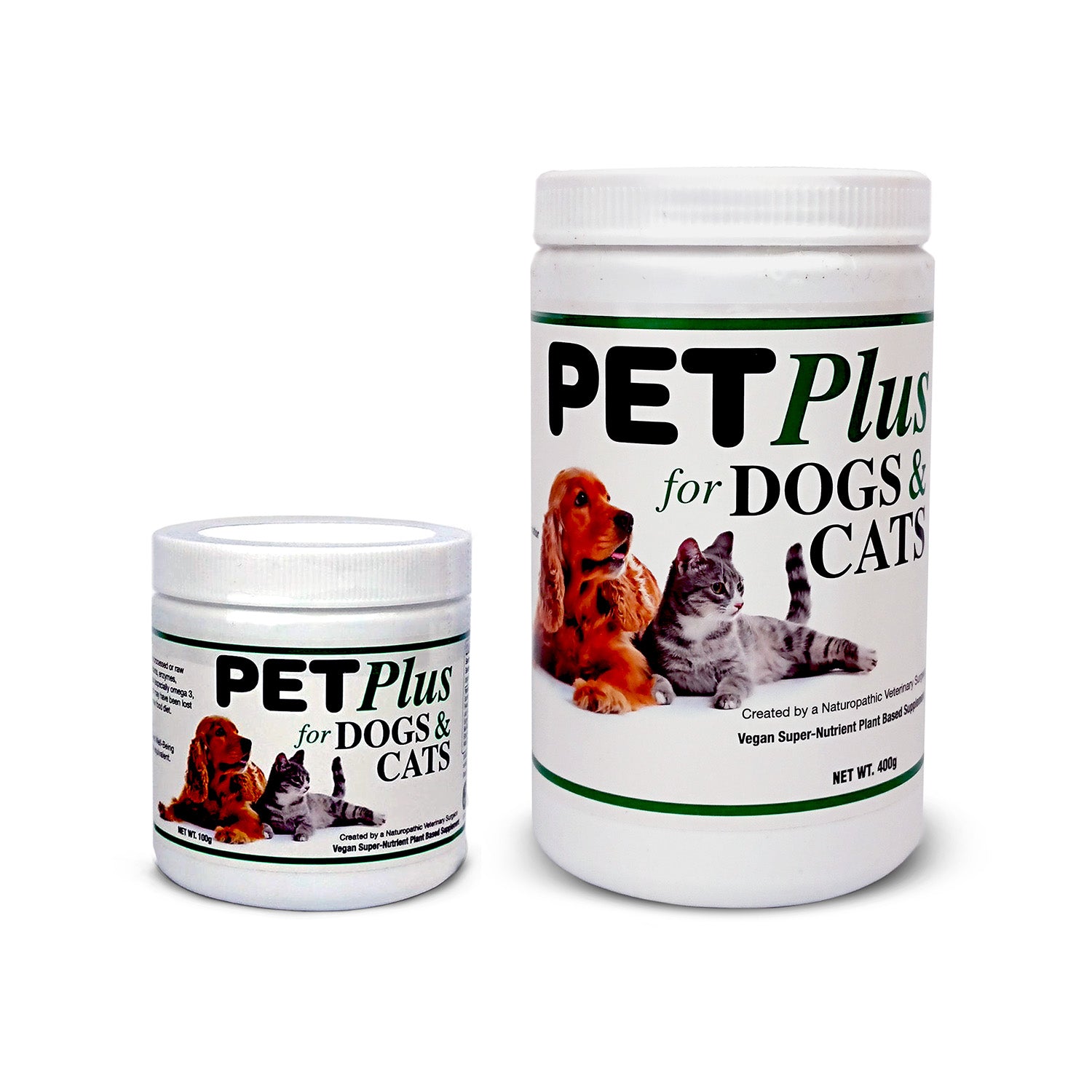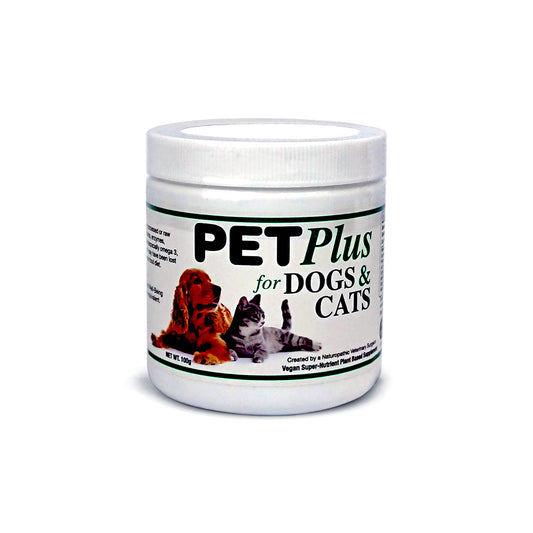Water is the essence of life, but have you ever considered what’s lurking in your daily drink? From the tap to the bottle, water can harbour an array of hidden toxins. Let's dive into the murky waters of these contaminants, explore the journey of London’s tap water, and discover how natural non-activated charcoal can be your secret weapon for purification and health.
Hidden Toxins in Tap Water
When you turn on the tap, do you think about the journey your water has taken? Unfortunately, tap water can pick up unwanted passengers along the way. Heavy metals like lead, mercury, and arsenic can seep from old pipes, while chemical contaminants from pesticides, herbicides, and industrial waste sneak in through agricultural runoff and discharges. Even the treatment process can introduce issues, with disinfectants like chlorine reacting with organic matter to form disinfection byproducts such as trihalomethanes (THMs) and haloacetic acids (HAAs). Add to this a cocktail of nitrates, nitrites, and trace pharmaceuticals, and you have a recipe for concern.
Health Implications of Chemicals in Tap Water
Chlorine:
- Short-term exposure: Can cause skin irritation, dry skin, and eye irritation.
- Long-term exposure: Linked to the formation of disinfection byproducts (DBPs) like trihalomethanes (THMs) and haloacetic acids (HAAs), which have been associated with an increased risk of cancer and reproductive issues.
Fluoride:
- Dental Fluorosis: Excessive fluoride can cause dental fluorosis, leading to staining and pitting of the teeth, particularly in children.
- Skeletal Fluorosis: Long-term consumption of high levels of fluoride can lead to skeletal fluorosis, causing pain and damage to bones and joints.
- Other Potential Effects: Some studies suggest a possible link between fluoride exposure and lower IQ in children, though more research is needed to confirm this.
Aluminium Sulfate:
- Neurological Effects: Concerns about long-term exposure to aluminium and its potential link to neurodegenerative diseases like Alzheimer's. However, levels typically found in drinking water are considered low and not immediately harmful.
- Digestive Issues: High levels of aluminium in water can cause digestive issues.
Chloramine:
- Respiratory Problems: Can cause respiratory issues, including asthma and lung irritation.
- Skin and Eye Irritation: Similar to chlorine, chloramine can cause skin and eye irritation.
Nitrate:
- Methemoglobinemia: High nitrate levels can cause methemoglobinemia or "blue baby syndrome" in infants, affecting the blood's ability to carry oxygen.
- Cancer Risk: Long-term exposure to high nitrate levels has been linked to an increased risk of certain cancers, such as stomach cancer.
Lead:
- Neurodevelopmental Effects: Even low levels of lead exposure can affect brain development in children, leading to reduced IQ and attention span.
- Cardiovascular Issues: In adults, lead exposure is linked to high blood pressure and kidney damage.
- Reproductive Problems: Can cause reproductive issues in both men and women.
The Journey of London’s Tap Water
In a bustling metropolis like London, water undergoes a fascinating and complex journey. It’s often said that tap water in London may have passed through the human body up to seven times before it reaches your tap. This is due to the city’s extensive treatment and recycling processes.
1. Water Use and Wastewater Production: Water used in homes, businesses, and industries eventually becomes wastewater, which is sent to treatment plants.
2. Wastewater Treatment: At the treatment plants, wastewater undergoes rigorous processes to remove contaminants, bacteria, and other harmful substances. This treated water is then released back into rivers.
3. River Water Re-Abstraction: The treated water, now part of the river flow, is eventually drawn again from rivers downstream. In London's case, water from the River Thames and other sources is commonly used.
4. Potable Water Treatment: The abstracted river water is subjected to additional purification steps at potable water treatment plants to ensure it meets safety standards before being distributed as tap water.
This cycle of use, treatment, release, re-abstraction, and re-treatment means that the same molecules of water can be used multiple times by different people. This repeated cycle is essential for managing water resources in densely populated areas like London.
Bottled Water: Not Always the Pure Alternative
Think bottled water is a safer bet? Think again. While it might seem like a pristine choice, bottled water often contains its own set of contaminants. Chemicals such as Bisphenol A (BPA) and phthalates can leach from plastic bottles, especially when exposed to heat. The source water itself can still carry heavy metals, chemicals, and pathogens. Moreover, the storage and transportation process can further degrade water quality through chemical leaching.
Meet Your New Best Friend: Natural Non-Activated Charcoal
Enter natural non-activated charcoal, a centuries-old remedy with modern-day benefits. Made by baking wood to remove oxygen and most nutrients, this charcoal is a natural powerhouse. Unlike activated charcoal, which undergoes an aggressive process involving high temperatures and acid washes, non-activated charcoal retains a gentle yet effective ability to purify.
This wonder material boasts a vast number of pores and crevices, creating an expansive surface area that can bind over 4,000 different toxins. By adsorbing contaminants like pesticides, herbicides, and volatile organic compounds (VOCs), natural non-activated charcoal significantly improves water quality. It also tackles chlorine and chloramine, making your water taste and smell better, while reducing trace pharmaceuticals.
Practical Uses for Everyday Clean Water
Charcoal is versatile in its applications. Whether you prefer countertop filters, under-sink setups, refrigerator filters, or convenient pitcher filters, this natural solution can be integrated seamlessly into your home. For those looking for comprehensive coverage, whole-house filters installed at the point of entry offer top-to-bottom purification.
Detoxify from the Inside Out
Beyond water purification, charcoal shines as a detoxifying supplement. Ingesting charcoal can bind to toxins and chemicals in your digestive tract, preventing them from entering your bloodstream. Activated charcoal is a go-to remedy for emergency poison treatments and drug overdoses. Plus, it can soothe digestive woes by alleviating gas and bloating and even aid in gentle digestive tract cleansing.
To help reduce the toxic body burden, consider taking 2-3 non-activated charcoal tablets after consuming water from taps or bottles. This simple habit can help your body efficiently remove any potential contaminants.
But here’s the best part: non-activated charcoal is gentler on the body than its activated counterpart. It doesn’t rob your body of essential nutrients, making it safe for daily use. Made from high-quality hardwood sourced from pristine environments, it retains vital trace elements beneficial for health.
Daily Detoxification
Non-activated charcoal is not a super-adsorbent, meaning it won’t compete with nutrients at the cellular level or deplete your body of essential vitamins and minerals unlike activated charcoal. This makes it an excellent choice for daily detoxification, helping to remove toxins without the risk of nutrient depletion.
Embrace the Charcoal Revolution
Understanding the potential contaminants in both tap and bottled water is crucial for ensuring safe drinking water. Natural non-activated charcoal offers a natural, gentle solution for improving water quality by adsorbing a variety of contaminants. As a supplement, it provides multiple detoxification benefits, enhanced by its unique properties and high-quality production process. Embrace this ancient remedy to maintain your health and well-being with peace of mind.
For an introductory discount on Pure, Non-Activated Hardwood Charcoal in 21, 100, or 500 count capsules, use discount code WATER15 at checkout. Take control of your health and start purifying your life today.


